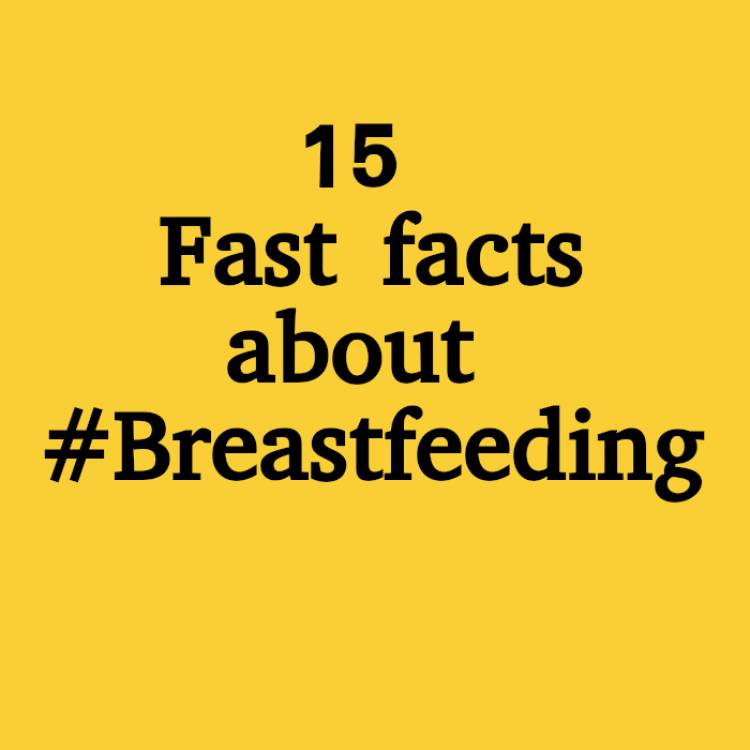1.2K
- World Health organization recommends exclusively breastfeeding (nothing else but breastmilk, not even water) for the first Six months (26 weeks) of life.
- Human milk is tailored to meet infant nutrient needs for the first 4 to 6 months of life. that reason why it called “perfect food”
- Early breastfeeding helps mother to avoid much postpartum blood loss: early suckling breast-milk by babies stimulate the production of milk and facilitates the production oxytin hormone which help uterus contract and reduces postpartum blood loss.
- Early breastfeeding promote the growth of union between mother and children.
- First breast-milk is rich in colostrum which contains antibodies or immunologic protection against diseases and more importantly it may help reduce the infant’s risk of developing food allergies later in life. It is not surprise that breastfed child tends to be sick less often than babies fed formula. Studies also suggest that infants fed human milk are less likely to develop type 1 and type 2 diabetes, certain types of cancer, asthma, and obesity in later life.
- Breastfeeding helps mothers to return to their pre-pregnant weight more easily.
- Breastfeeding on mothers Decreases risk of several chronic diseases later in life, including hypertension, cardiovascular disease, and diabetes
- Breastfeeding reduces the risk of ovarian and premenopausal breast cancer
- Women who exclusively breastfeed produce more milk than those who mix breastfeeding with infant formula or other foods.
- Human milk support optimal growth and development during infancy and early childhood, and may extend to later stages of life.
- Estrogen and progesterone stimulate the increase of number of milk-producing cells and expanding of the ducts that transport milk out of breast.
- Prolactin and oxytocin are two important hormones that regulate the production of milk and release of milk from alveoli into mammary ducts.
- Most substances that the mother ingests are secreted into her milk. For this reason, she should avoid alcohol, limit intake of caffeine, and check all medications with a pediatrician
- Milk production requires energy approximately 800 kcal everyday.
- The human milk content of essential and long-chain fatty acids is of paramount importance in brain development.
